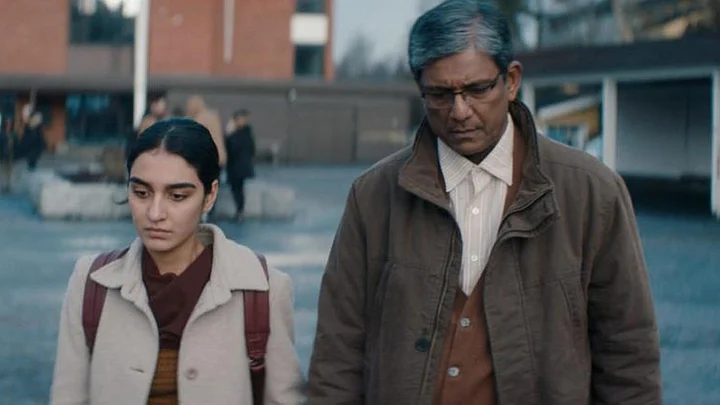The cultural dichotomy of migrant parents with young children isn’t a new subject and does usually unfold in a certain way, be it a movie or a Jhumpa Lahiri story. The latter of course gets to play with subtlety in a way that is not always possible for a visual medium. Anyway, What Will People Say, a literal translation of that amazing sentence we’ve all been subjected to for reasons mostly patriarchal – “Log kya kahenge” – is a lot more personal since it’s semi-autobiographical. Director Iram Haq, also a Pakistan-origin Norwegian, has admitted that like Nisha (Maria Mozdah), she was also ‘kidnapped’ from Norway and sent to her father’s home in Pakistan, after her modesty was presumed to be outraged.
The movie, which is Norway’s entry for the Academy Awards, released in September last year and later dropped on Netflix.
While it may not be directly connected to the #MeToo movement, the patriarchal world that it is set in, where sexism is the accepted norm and male/female roles are rigid, do make it extremely relevant.
Nisha’s parents Mirza (Adil Hussain) and Najma (Ekavali Khanna) migrated to Norway from Pakistan years ago, in the hope of giving their children a better life… but while they speak the language fluently, they are extremely possessive of their roots. Najma even objects to Mirza dragging her for a dance during his birthday party. As for Nisha, she’s the classic 16-year-old (relatable within our subcontinent) leading a double life – a dutiful daughter who also sneaks out of her room to party with her Norwegian friends.
Disaster strikes when Mirza catches a boy in Nisha’s room and leaps to conclusions about her corruption by Western culture. The narrative hurtles past this portion: Nisha tries to explain herself and fails, Norwegian child welfare steps in and she is taken in by them for a few days before her mother calls her to say all is forgiven. This bit is fairly cliché with Nisha being naïve enough to believe that things can go back to normal.
Instead, she is bundled off to the airport and held in a vice-like grip by her father until they reach his sister’s home in Pakistan. And here’s where the film starts to feel slightly exploitative. True, she’s been flung from the first world to an utterly chaotic third world country and must deal with an unsympathetic aunt and uncle, handle unwarranted attention on the street, cope with a drop in her standard of living, but what is conspicuously missing is nuance.
Her cousin Salima (Jannat Zubair Rahmani) is visibly sweet but not once does she sit her “firangi” sister down and ask her what in hell happened. Sheeba Chaddha and Lalit Parimoo as the aunt and uncle are both uni-dimensional characters displaying only anger and strictness. There’s a momentary respite when Nisha is attracted to her cousin Amir (Rohit Saraf, likeable) but that also reaches a fairly predictable end.
Yes, such things do happen, but there could have been layers, subtleties like the contradictory details which do exist in our society. But What Will People Say chooses to surrender to the idea of a third world country which is exactly everything one feared it would be.
All that said, two things must be added. One, Adil Hussain manages to play Mirza with warmth one moment and such cold harshness the next in a way that is terrifying but not without empathy. Two, this movie must be watched for Mozdah and Mozdah alone. Her searing portrayal of Nisha is so deep, so visceral, you get under the skin of this not-nearly-adult girl and feel every emotion she goes through. Even when Nisha finally gives in to her fate, Mozdah clutches at straws to show a remnant streak of defiance with her unflinching stare and knit eyebrows.
One scene in particular will haunt us for days. Nisha’s wedding is finally fixed and her parents are relieved that she will be able to shed her tainted image. As Nisha sits on the couch next to her mother and prospective mother-in-law, she doesn’t speak a word but her tight body language, the suffocation evident in her eyes, her limp hands, you know she’s not able to draw in a single breath… and for that moment, you can’t either.
(At The Quint, we question everything. Play an active role in shaping our journalism by becoming a member today.)
